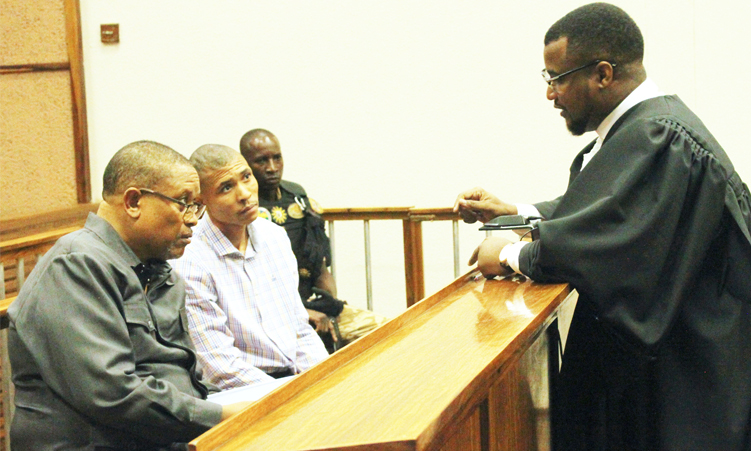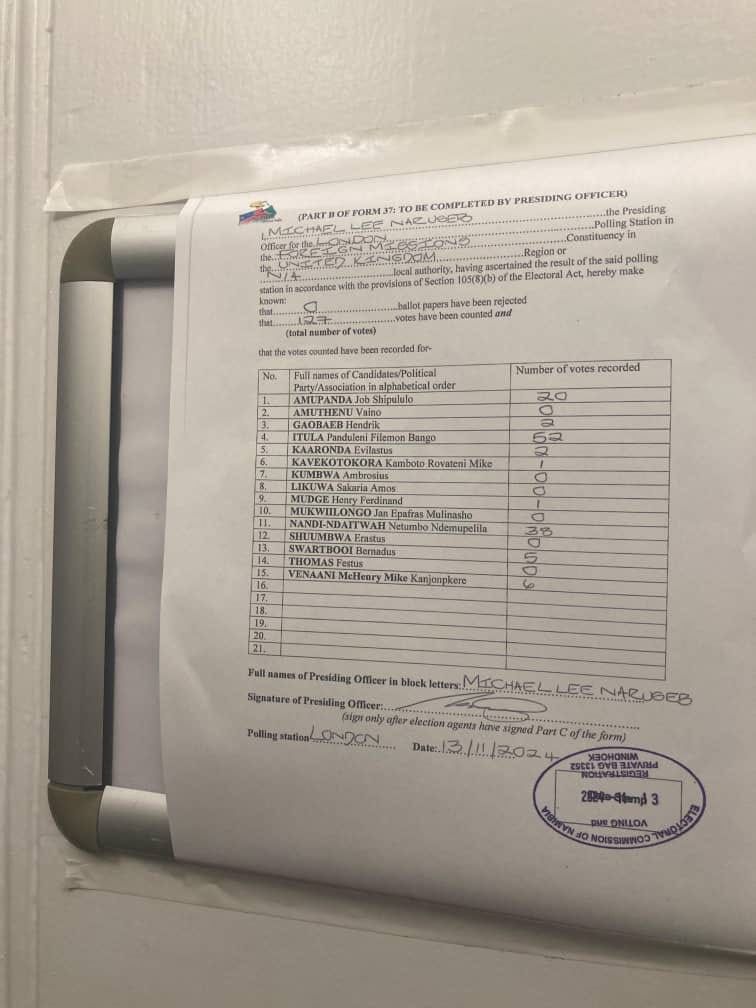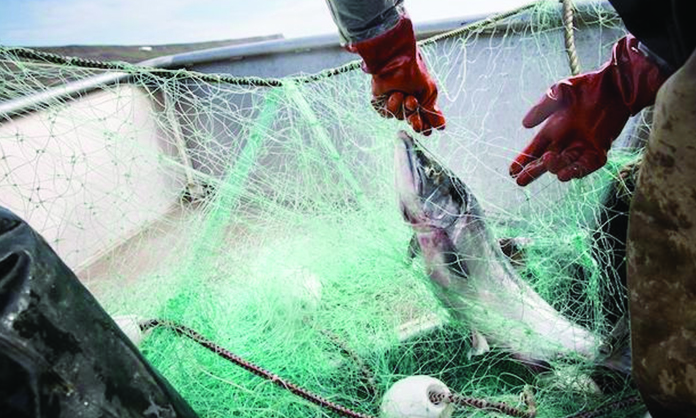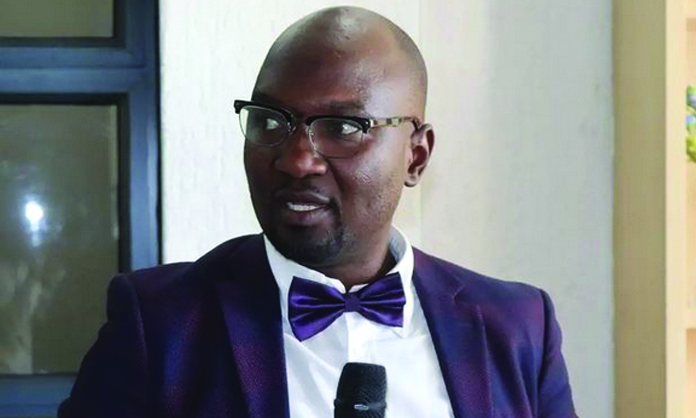Former fisheries and marine resources minister Bernhard Esau and one of his co-accused in the Fishrot fishing quotas fraud, corruption and racketeering case, Nigel van Wyk, are due to hear in two weeks’ time if they have had success with their latest application to be granted bail.
This is after judge David Munsu on Friday postponed the delivery of his ruling on the two men’s request to be granted bail to 12 December.
The two men’s bail hearing before Munsu started in the Windhoek High Court on 14 December last year. After six days of proceedings in December, the hearing continued with further court sessions during March, April, May, August and September.
Munsu postponed the matter for the delivery of his ruling after hearing the closing arguments of defence lawyers Florian Beukes and Mbanga Siyomunji, who represent Esau and Van Wyk, respectively, and deputy prosecutor general Cliff Lutibezi, representing the state.
In his testimony during the bail hearing, Esau told the court he would deny guilt on all charges when his trial starts.
The charges are based on allegations that the 10 men charged in the Fishrot case devised a scheme to unlawfully get access to Namibian fishing quotas for which they were paid more than N$300 million. The charges against Esau (65) include counts of racketeering, bribery, fraud, money laundering and corruptly using an office or position to obtain gratification.
Esau testified that as minister of fisheries and marine resources he did not decide who fishing quotas would be allocated to, and that he merely approved recommendations on the allocation of quotas that he said were made by his ministry’s permanent secretary or executive director.
He denied that he received any financial benefits from the allocation of fishing quotas to entities controlled by some of his co-accused, and also said some of the other accused in the Fishrot case used his name for their own benefit to get access to Namibian fishing quotas.
Van Wyk (36) told the court during his testimony that funds alleged to have been laundered through his bank accounts while he was an employee of a close corporation of two other accused in the Fishrot case, former attorney general and justice minister Sacky Shanghala and his business partner James Hatuikulipi, were legitimate salaries that he earned and money that he spent as farm manager for Shanghala and Hatuikulipi.
He also denied allegations that he has interfered in the investigation of the case.
Esau was arrested on 27 November 2019, and has been held in custody since then. Van Wyk has also remained in custody since his arrest on 14 December 2019.
Lutibezi argued on Friday that Esau and Van Wyk have failed to show there are new facts that change the basis on which they were previously denied bail in the Windhoek Magistrate’s Court and also in appeal judgements in the High Court.
He argued there is evidence on which Esau and Van Wyk could be convicted, and that it would not be in the public interest or the interest of the administration of justice to release them on bail.
Siyomunji, noting that investigations in the matter have been completed, argued that the state does not have evidence proving Van Wyk’s guilt.
He said Van Wyk has shown he is “a perfect candidate” to be granted bail, and that it would be “a travesty of justice” if his bail application is denied.
Beukes argued that the state has created “a false narrative” in the matter, and that Esau’s explanations during the bail hearing disproved the state’s allegations.
Stressing Esau’s age, Beukes argued that his health has deteriorated during the four years he has been in jail.
He added that he envisages the Fishrot trial would be protracted and could easily take more than 10 years. It would not be in the public interest to keep someone of Esau’s age in custody for such a long time, Beukes said.
Stay informed with The Namibian – your source for credible journalism. Get in-depth reporting and opinions for
only N$85 a month. Invest in journalism, invest in democracy –
Subscribe Now!






